
Concert 1: Organ Solo
Jean-Luc Guionnet
Each organ is unique. The project is to find out what makes it unique.
Arika have been creating events since 2001. The Archive is space to share the documentation of our work, over 600 events from the past 20 years. Browse the archive by event, artists and collections, explore using theme pairs, or use the index for a comprehensive overview.

Each organ is unique. The project is to find out what makes it unique.

Jean-Luc Guionnet will be giving a talk as part of the music department’s ongoing series of colloquia.
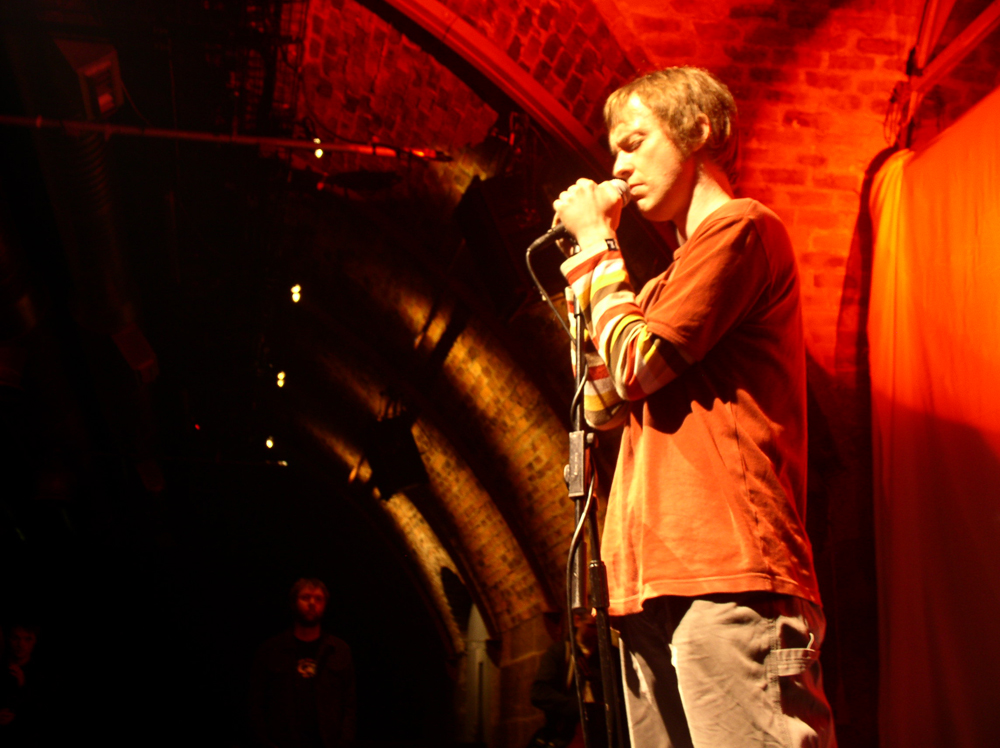
One of the most incessantly experimental musicians in the UK, Youngs’ aesthetic is entirely unique, never really part of any scene [whilst influencing many], steadfastly unafraid and honest
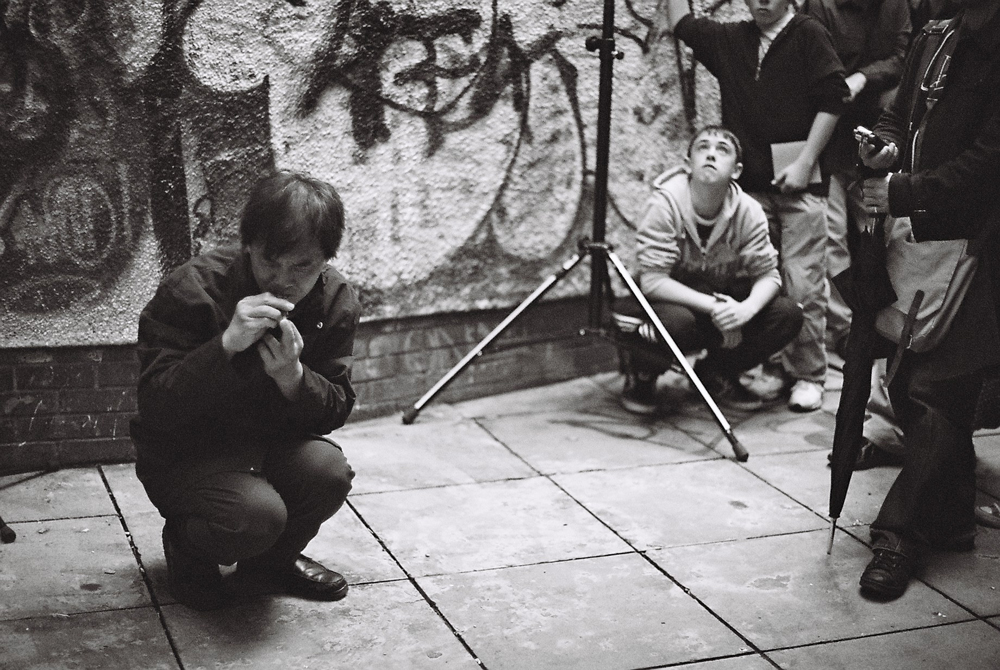
Location: between: the abandoned site of Parker House (ex-council office building) that became a student accommodation regeneration project, off the Dudhope roundabout; Bell Street Car Park entrance ramp and; the awkward (and otherwise used/ used otherwise) space left over between the back of Tesco’s and DW Sports on the Murraygate.
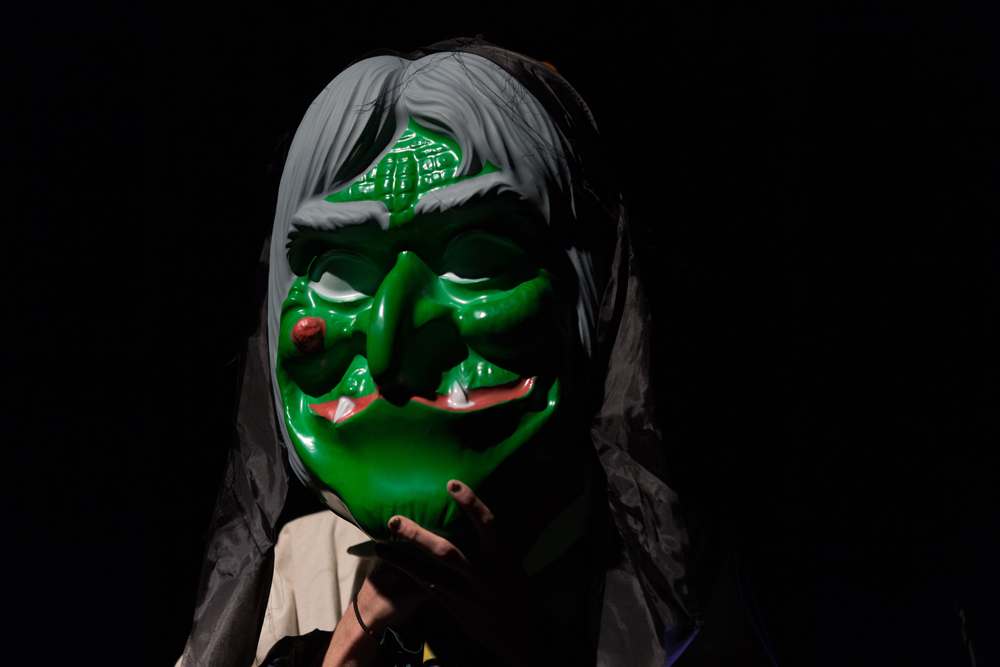
A somehow hyper-modern, ancient and folkloric lip-synced, made-up, fashioned performance.

How do poetry and maths stitch together pictures of our fractured situation from its wreckage and relics, from the debris of hope and the well of residues that make us what we are?
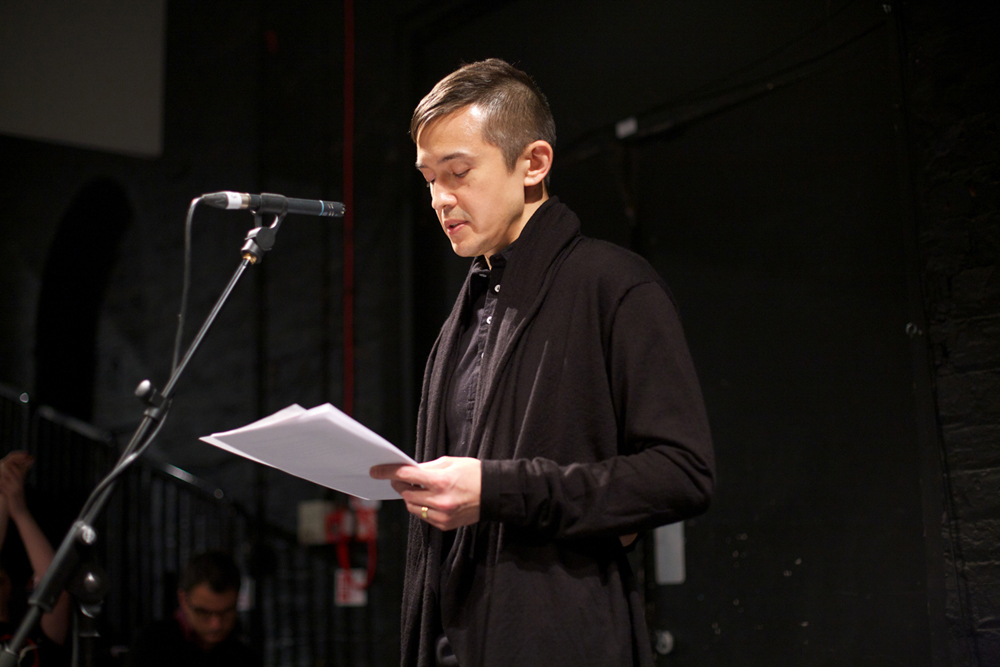
A chat with Eugene Thacker. Can we rethink the world as unthinkable, and without us?

A trance inducing, flickering investigation of structural and minimalist droning from one of the key thinkers in sound and image over the last 50 years
Edinburgh. Beer and smoke befuddled drone/ deadly efforts by Pjorn72 kingpin.

Investigate film as language, via the language of film reduced to the basic units of film and language. A film as text in which each frame is a single word.
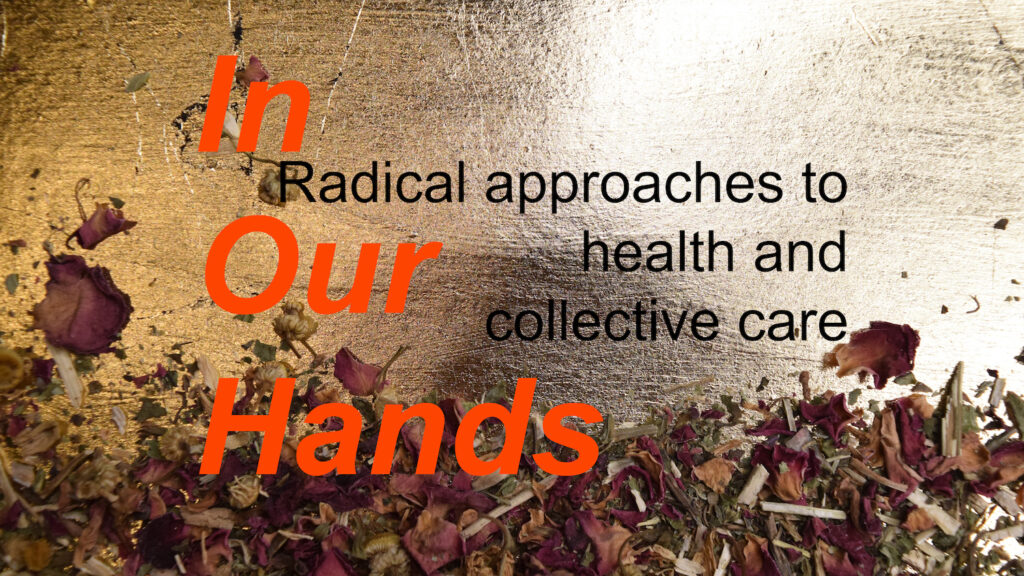
In Our Hands is a ten week programme of workshops facilitated by Lisa Fannen, Omikemi and Clay. The sessions explore radical approaches to health and collective care in the context of movement for liberation and social justice.

Rather than asking the state for services, what kinds of change are made possible when we prioritise people supporting each other?